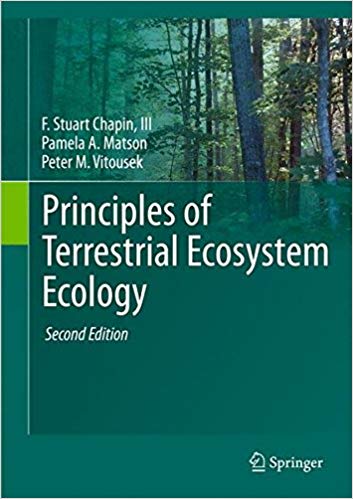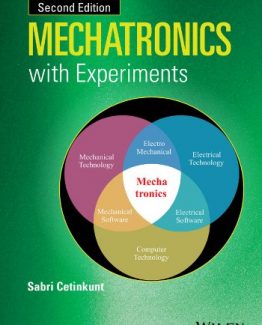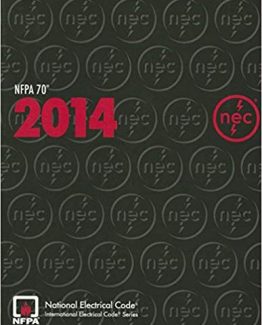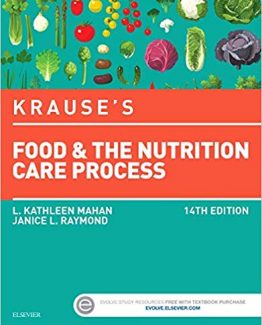Principles of Terrestrial Ecosystem Ecology 2nd Edition, ISBN-13: 978-1441995032
[PDF eBook eTextbook]
- Publisher: Springer; 2nd ed. 2012 edition (September 1, 2011)
- Language: English
- 544 pages
- ISBN-10: 144199503X
- ISBN-13: 978-1441995032
Humans have directly modified half of the ice-free terrestrial surface and use 40% of terrestrial production. We are causing the sixth major extinction event in the history of life on Earth. With the Earth’s climate, flora, and fauna changing rapidly, there is a pressing need to understand terrestrial ecosystem processes and their sensitivity to environmental and biotic changes. This book offers a framework to do just that.
Ecosystem ecology regards living organisms, including people, and the elements of their environment as components of a single integrated system. The comprehensive coverage in this textbook examines the central processes at work in terrestrial ecosystems, including their freshwater components. It traces the flow of energy, water, carbon, and nutrients from their abiotic origins to their cycles through plants, animals, and decomposer organisms. As well as detailing the processes themselves, the book goes further to integrate them at various scales of magnitude―those of the ecosystem, the wider landscape and the globe. It synthesizes recent advances in ecology with established and emerging ecosystem theory to offer a wide-ranging survey of ecosystem patterns and processes in our terrestrial environment.
Featuring review questions at the end of each chapter, suggestions for further reading, and a glossary of ecological terms, Principles of Terrestrial Ecosystem Ecology is a vitally relevant text suitable for study in all courses in ecosystem ecology. Resource managers and researchers in many fields will welcome its thorough presentation of ecosystem essentials.
F. Stuart Chapin, III is an ecosystem ecologist whose research addresses the sustainability of ecosystems and human communities in a rapidly changing planet. This work emphasizes the impacts of climate change on Alaskan ecology, subsistence resources, and indigenous communities, as a basis for developing climate-change adaptation plans. Pamela Matson is dean of the School of Earth Sciences at Stanford University, USA. She previously worked at NASA and at the University of California Berkeley. Her professional titles at Stanford are Chester Naramore Dean of the School of Earth Sciences, and Richard and Rhoda Goldman Professor of Environmental Studies. Peter Vitousek is at the forefront of research on biological diversity, his research focus is Hawaii. His Stanford Lab is studying nutrient cycling in forest ecosystems as well as the effects of invasions by exotic species.
What makes us different?
• Instant Download
• Always Competitive Pricing
• 100% Privacy
• FREE Sample Available
• 24-7 LIVE Customer Support






Reviews
There are no reviews yet.